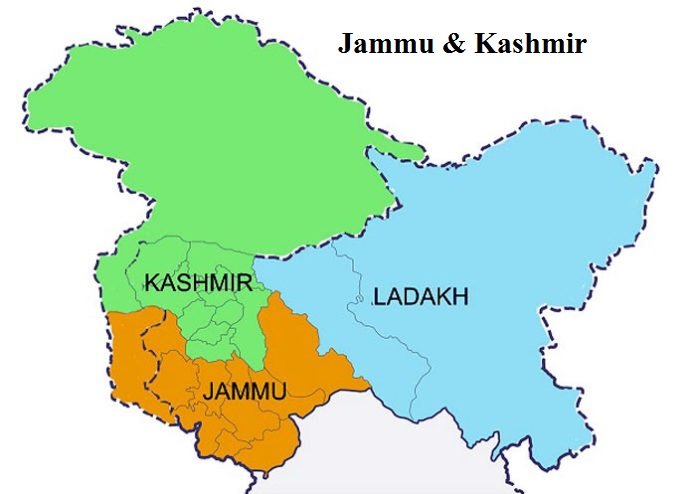What is Article 370 of the Indian Consitution?
Article 370 of the Indian Constitution conferred special autonomy to the region of Jammu and Kashmir. It was a temporary provision that was included in the Constitution in 1949.
The article provided the state of Jammu and Kashmir with a significant degree of autonomy, allowing it to have its own constitution and decision-making powers, except in matters related to defense, communications, and foreign affairs.
Key features of Article 370 included
- Autonomy: Jammu and Kashmir had their constitution and flag, and the state’s residents enjoyed special privileges and rights.
- Limited application of Indian laws: Except for defense, communications, and foreign affairs, the laws enacted by the Indian Parliament did not automatically apply to Jammu and Kashmir. The state had the authority to decide which laws were applicable.
- Special status: The special status granted by Article 370 was seen as a temporary provision, and it was expected that it would be gradually abrogated or modified. However, it remained in force for many decades.
In August 2019, the Government of India, led by Prime Minister Narendra Modi, took a significant step by abrogating Article 370 through a Presidential Order and a subsequent resolution passed in the Parliament.
The move was accompanied by the reorganization of the state into two separate union territories – Jammu & Kashmir and Ladakh.
This decision was met with mixed reactions, with supporters arguing that it would lead to better integration of the region with the rest of India, while critics expressed concerns about the impact on the special status and autonomy of Jammu and Kashmir.
In a unanimous verdict, the Supreme Court declared Article 370, which conferred special status upon Jammu and Kashmir, as a temporary provision within the framework of the Indian Constitution. This ruling came in response to the 2019 actions taken by the Bharatiya Janata Party (BJP)-led government, led by Prime Minister Narendra Modi.
Key Aspects of the SC Judgment on Article 370
Three Concurrent Judgments: Chief Justice DY Chandrachud stated that three concurrent judgments exist on the matter. One authored by Chief Justice DY Chandrachud, another by Justice BR Gavai and Justice Surya Kant, and a concurring opinion by Justice SK Kaul. Justice Sanjiv Khanna concurred with both.
Focus on Constitutional Questions: The verdict addressed three main aspects: the validity of the Presidential order, the imposition and extension of the President’s rule in December 2018, and the constitutionality of the J&K Reorganisation Act bifurcating the state into two Union Territories (UT).
Also Read | Are You a Jammu and Kashmir Resident 2023? |
Validity of President’s Rule: The court did not adjudicate the validity of imposing and extending the President’s rule, as the petitioners did not challenge it. The court highlighted constraints on the Union’s authority under Presidential rule, dismissing contentions that questioned actions with irreversible consequences during this period.
J&K’s Lack of Sovereignty: The court clarified that J&K did not retain internal sovereignty upon accession to India. It highlighted the absence of references to sovereignty in the J&K Constitution and affirmed that the state became an integral part of India.
Temporary Nature of Article 370: The court ruled that Article 370 was a temporary provision, citing textual evidence and marginal notes indicating its transitory nature. The Chief Justice emphasized that it was part of a gradual process of constitutional integration.
President’s Powers Superseding Constituent Assembly: The court affirmed President Ramnath Kovind’s action in issuing Constitutional Order (CO) 273, which removed the special status granted to J&K. It clarified that the President was not bound by the recommendations of the Constituent Assembly.
Upholding Carving Out of Ladakh: Regarding the validity of the J&K Reorganisation Act 2019, the court, taking into account the Solicitor General’s argument on statehood restoration, refrained from determining the validity of reorganizing J&K into a UT. It supported the creation of Ladakh as a UT.
Orders on Elections and Human Rights Violations: The court mandated the Election Commission to conduct J&K assembly elections by September 30, 2024, and urged the speedy restoration of statehood. In his concurring judgment, Justice SK Kaul recommended establishing a “Truth and Reconciliation Committee” to address human rights violations.
